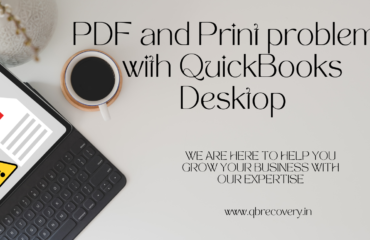In today’s fast-paced business environment, efficient inventory management is crucial for success. Whether you run a small retail shop or a large manufacturing operation, an effective inventory management system (IMS) can streamline operations, reduce costs, and improve customer satisfaction. This guide will explore what an IMS is, its benefits, key features, and how to choose the right system for your business.
What is an Inventory Management System?
An inventory management system is a software solution designed to track inventory levels, orders, sales, and deliveries. It helps businesses manage their stock in real-time, ensuring they have the right products at the right quantities. An IMS can be as simple as a spreadsheet or as complex as an integrated software suite with advanced analytics and reporting capabilities.
Benefits of Using an Inventory Management System
- Improved Accuracy: Manual inventory tracking is prone to errors. An IMS automates data entry and updates, reducing the likelihood of mistakes and ensuring accurate inventory records.
- Cost Savings: By maintaining optimal inventory levels, businesses can avoid overstocking and understocking, reducing storage costs and minimizing the risk of obsolete inventory.
- Enhanced Efficiency: Automation of routine tasks such as reordering, stocktaking, and reporting saves time and allows employees to focus on more strategic activities.
- Better Decision Making: Real-time data and analytics provided by an IMS offer valuable insights into sales trends, inventory turnover, and customer preferences, enabling informed decision-making.
- Improved Customer Satisfaction: By ensuring that products are always available when customers want them, an IMS helps maintain high levels of customer satisfaction and loyalty.
Key Features of an Effective Inventory Management System
- Real-Time Inventory Tracking: An IMS should provide real-time updates on stock levels, allowing businesses to track inventory across multiple locations.
- Automated Reordering: Advanced systems can automatically reorder stock when levels fall below a predetermined threshold, ensuring that inventory is always replenished in a timely manner.
- Barcode Scanning: Barcode integration streamlines the inventory management process by enabling quick and accurate data capture during stocktaking and sales.
- Reporting and Analytics: Comprehensive reporting tools help businesses analyze inventory performance, identify trends, and make data-driven decisions.
- Multi-Channel Integration: For businesses that sell through multiple channels (e.g., online, brick-and-mortar), an IMS should integrate seamlessly with all sales platforms to ensure accurate inventory management across the board.
- Supplier Management: An IMS can track supplier information, order histories, and lead times, helping businesses manage supplier relationships more effectively.
Choosing the Right Inventory Management System
Selecting the right IMS for your business depends on several factors:
- Business Size and Complexity: Small businesses may only need basic inventory tracking features, while larger enterprises might require more advanced capabilities such as multi-warehouse management and sophisticated analytics.
- Industry Requirements: Different industries have unique inventory management needs. For example, food and beverage businesses might need features for tracking expiration dates, while a manufacturing company might require tools for managing raw materials and production schedules.
- Scalability: Choose a system that can grow with your business. As your operations expand, your IMS should be able to handle increased inventory volumes and additional sales channels.
- Integration Capabilities: Ensure the IMS can integrate with your existing software, such as accounting, CRM, and e-commerce platforms, to streamline operations and improve data accuracy.
- User-Friendliness: The system should be easy to use, with an intuitive interface that minimizes the learning curve for employees.
- Cost: Consider both the upfront costs and ongoing expenses, such as subscription fees and support services. Balance these costs against the potential benefits and savings the IMS can provide.
Conclusion
An effective inventory management system is essential for businesses looking to optimize their operations, reduce costs, and enhance customer satisfaction. By understanding the key features and benefits of an IMS, and carefully selecting the right system for your needs, you can ensure that your inventory management processes are efficient, accurate, and scalable. Embrace the power of modern technology to stay ahead in the competitive business landscape and drive your business toward greater success.



